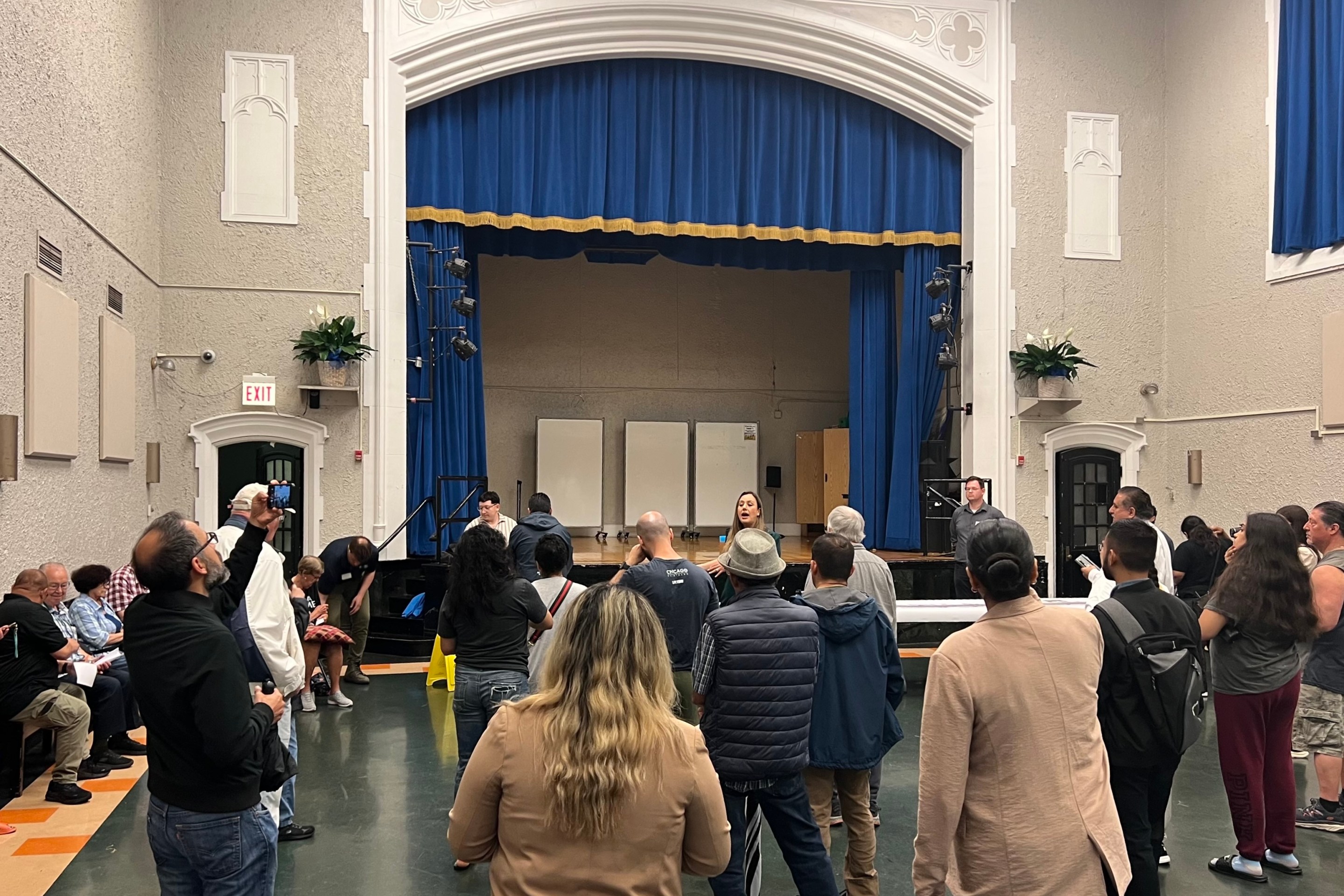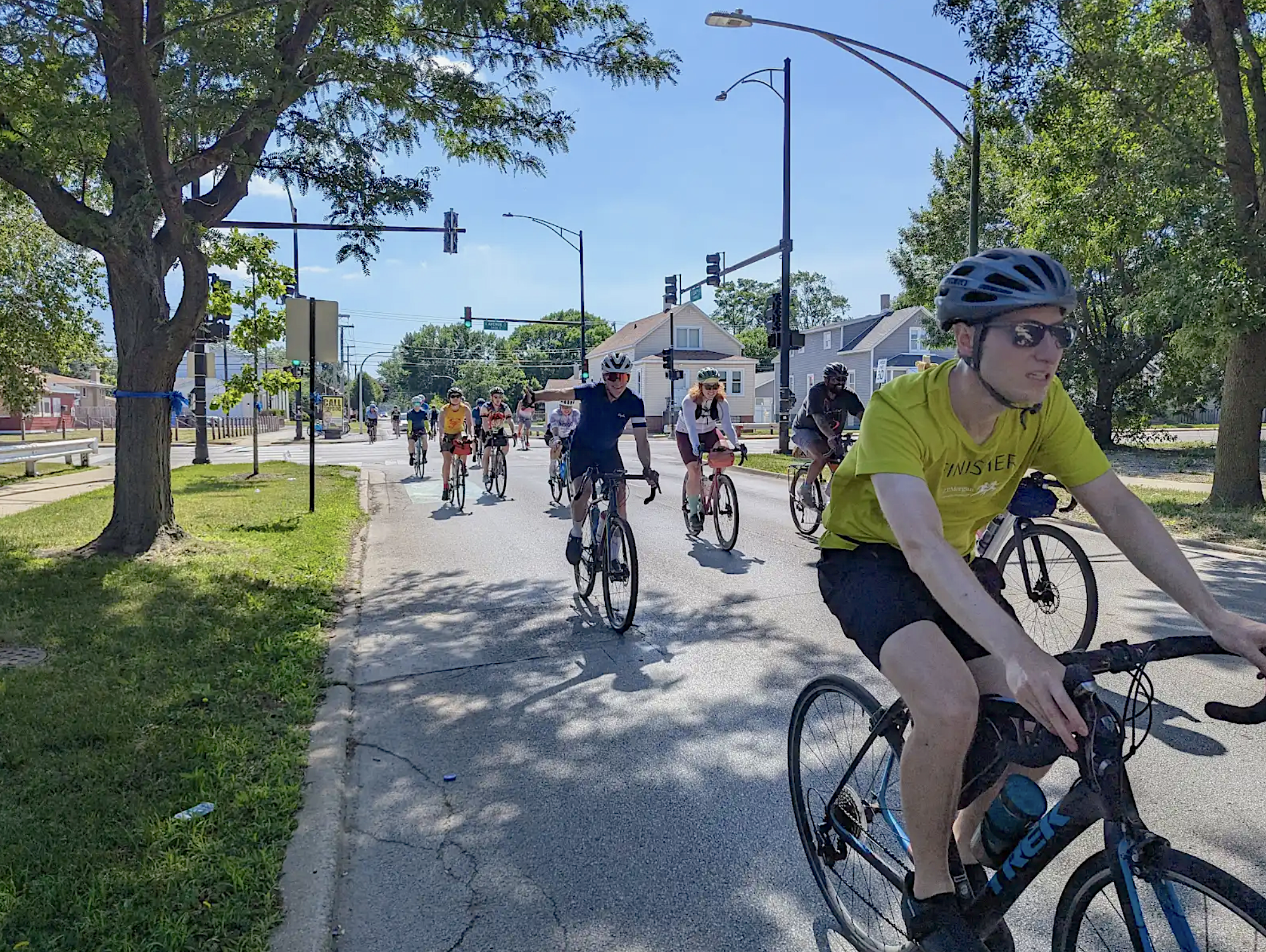
A new filing in the court case against the Illiana Tollway – a proposed 47-mile highway through farmland and nature preserves that would cause exurban sprawl and lead to Illinois jobs being lost to Indiana -- indicates that Illinois Governor Bruce Rauner may actually be in favor of the project. In recent years it looked like Rauner was making moves to kill the project, but now it appears the Illiana is becoming a so-called "zombie highway" project that just won't die.
Here's a rundown of how Rauner previously indicated that he was killing the project. In January 2015, the newly elected governor suspended spending on non-essential capital projects, including the Illiana. In the first week of June 2015, he said the Illinois Department of Transportation would remove the Illiana Tollway from its capital plan.
Two weeks later a federal judge halted the planning of the new tollway by ruling that the required Environmental Impact Statement was invalid because the study used the circular logic that the tollway would be needed because of new housing that would be developed along the corridor... due to the construction of the highway. In September 2015, the U.S. DOT dropped their appeal of the ruling, effectively pulling support for the project.
Now here's how the state is either keeping the Illiana on life support or else trying to keep the zombie under wraps. In July 2015, Rauner authorized spending $5.5 million to "wind down" the project, and to pay for some litigation fees.
In April this year, the Indiana DOT said that they would pay for rewriting the Environmental Impact Study. However, IDOT spokesman Guy Trigdell said "the approach in Illinois has not changed" and "we are not pursuing the project."
News last week shows that IDOT currently appears to have a greater involvement in the project than previously stated. The Daily Southtown reported that John Fortmann, an IDOT engineer, filed a statement in federal court that said "IDOT is working cooperatively" with the Indiana DOT to fix the problems with the EIS that made the court rule it invalid.
When they checked in with IDOT spokeswoman Gianna Urgo last week, she reiterated what Trigdell said earlier this year: "IDOT has terminated all spending on the project." However, Fortmann said in the filing that IDOT staff are reviewing the work of the consultant hired to rewrite the study, and he expects a draft available this fall.
The filing also said "IDOT will not advance the project to construction or otherwise take any significant action to implement the project until completion of the work necessary to address the issues." The Southtown added that there would also have to be a determination that the project was financially viable.
IDOT wants to use an "availability payments" method of contracting with a single bidder that would design, build, and operate the new toll road. The method differs from others in that it sets a minimum payment to the bidder, so that if tolls from drivers can't cover that minimum payment, taxpayers would be required to foot the bill. The Illiana also has a massive projected startup cost of $500 million that would be paid for by Illinoisans.
Howard Learner, executive director of the Environmental Law & Policy Center, a plaintiff in the lawsuit against IDOT and the Indiana DOT, told the Daily Southtown "IDOT wants to keep moving it forward" and the department's actions belie the claim that they are not "pursuing the Illiana."
"It would be a complete waste of time to hire a high-priced consultant to re-do the study if they did not plan to go forward with it," he said.
Fortmann said in the filing that IDOT is doing this because the state has to defend the project against legal challenges and defend the U.S. DOT's original approval of the tollway.





